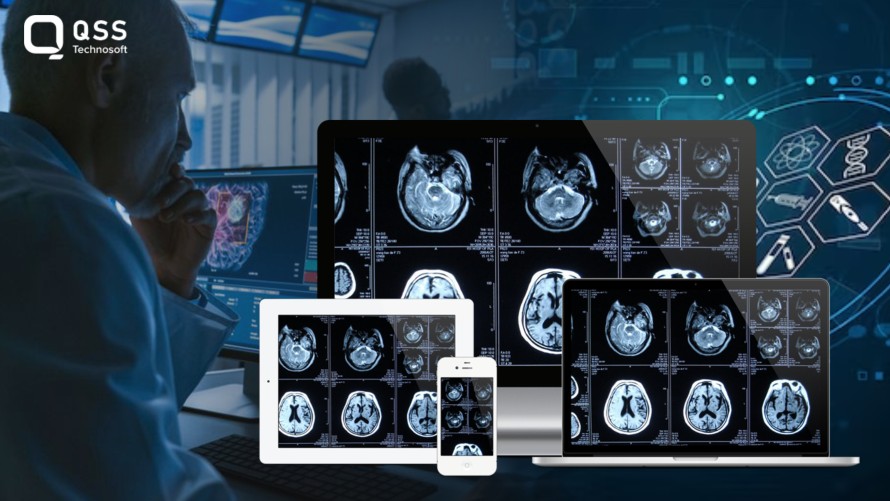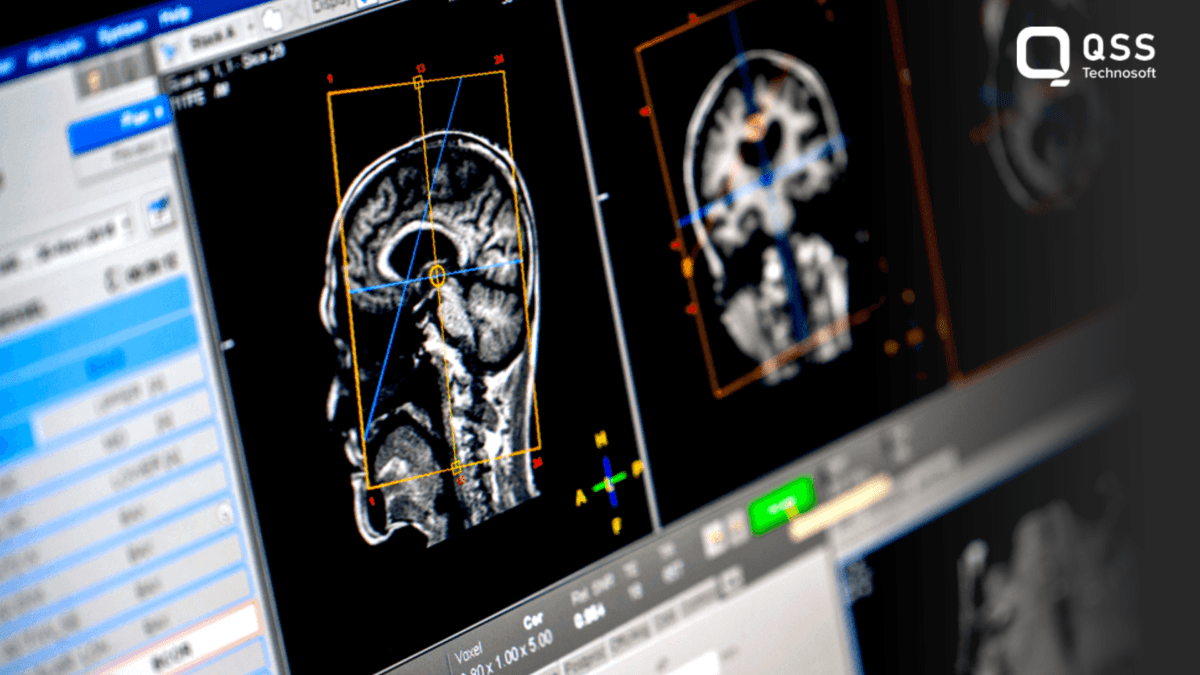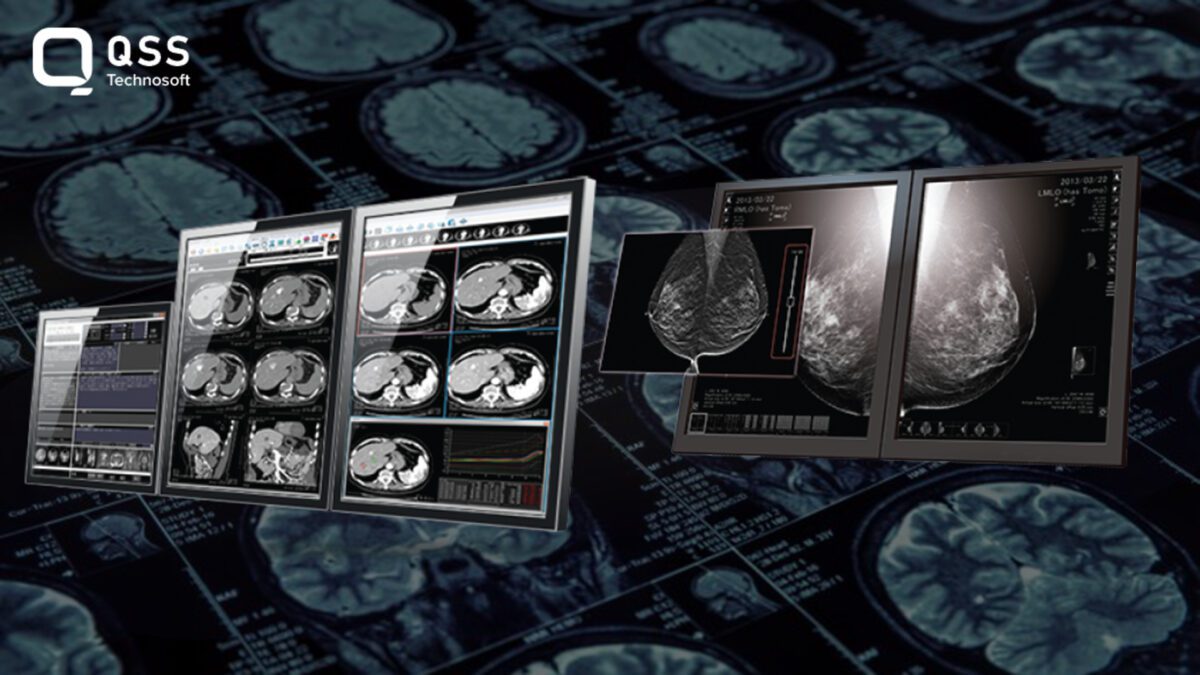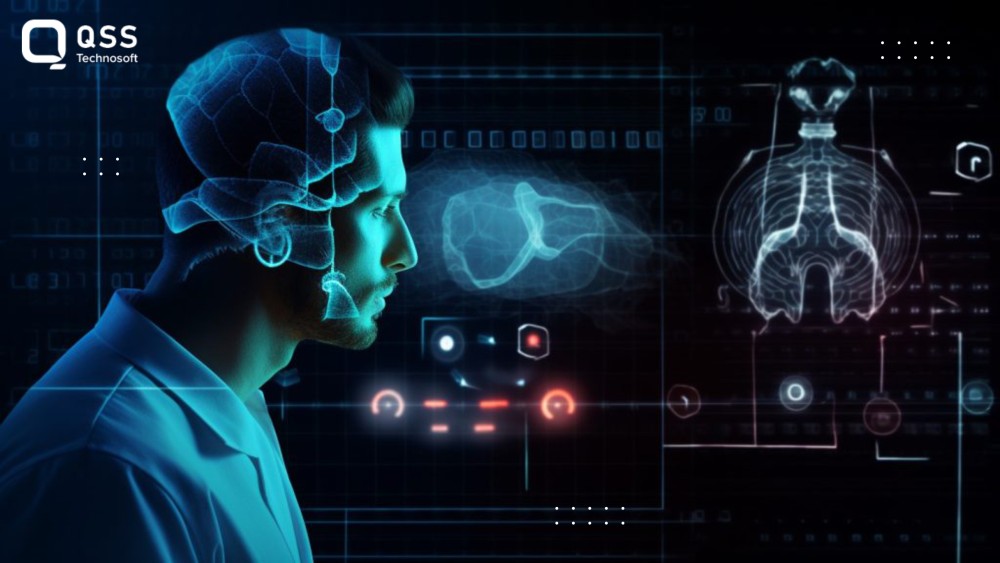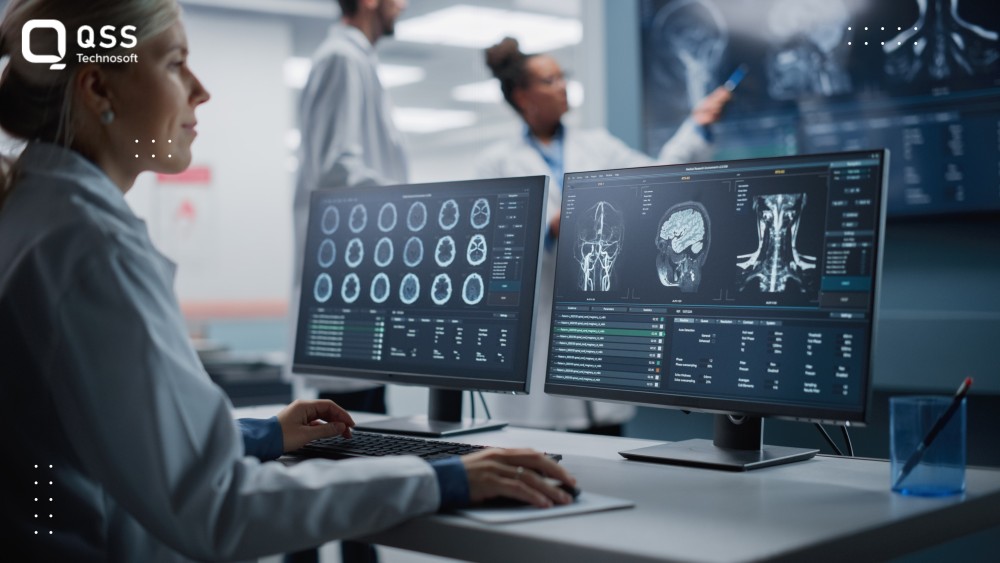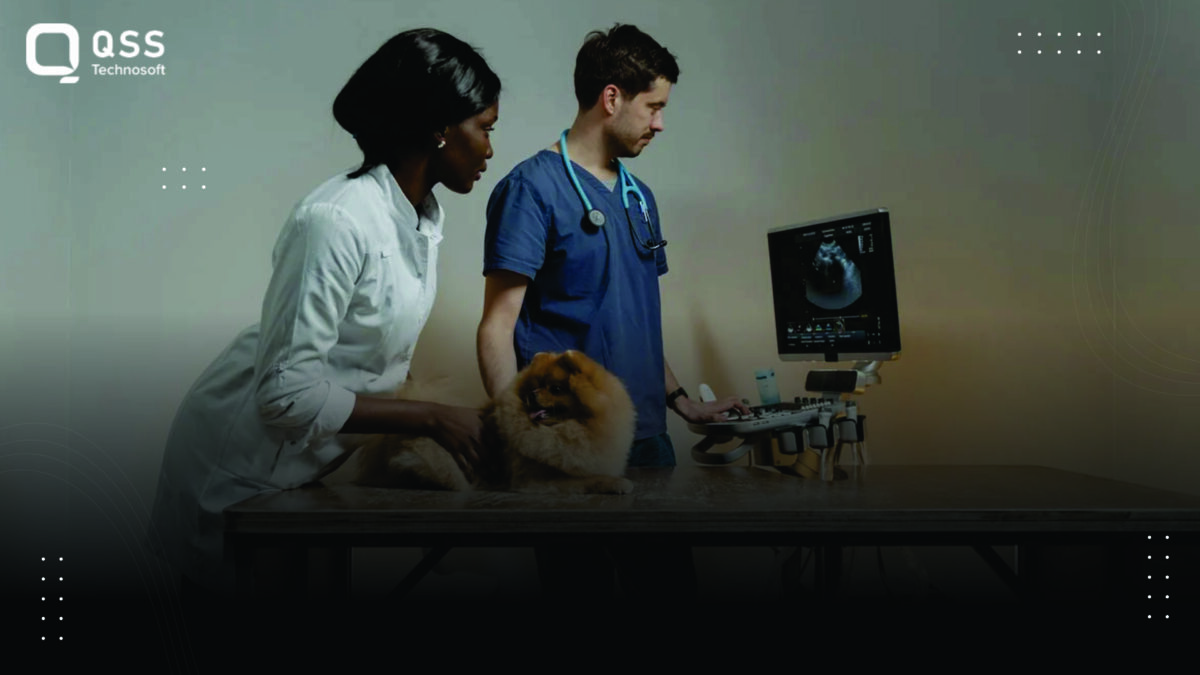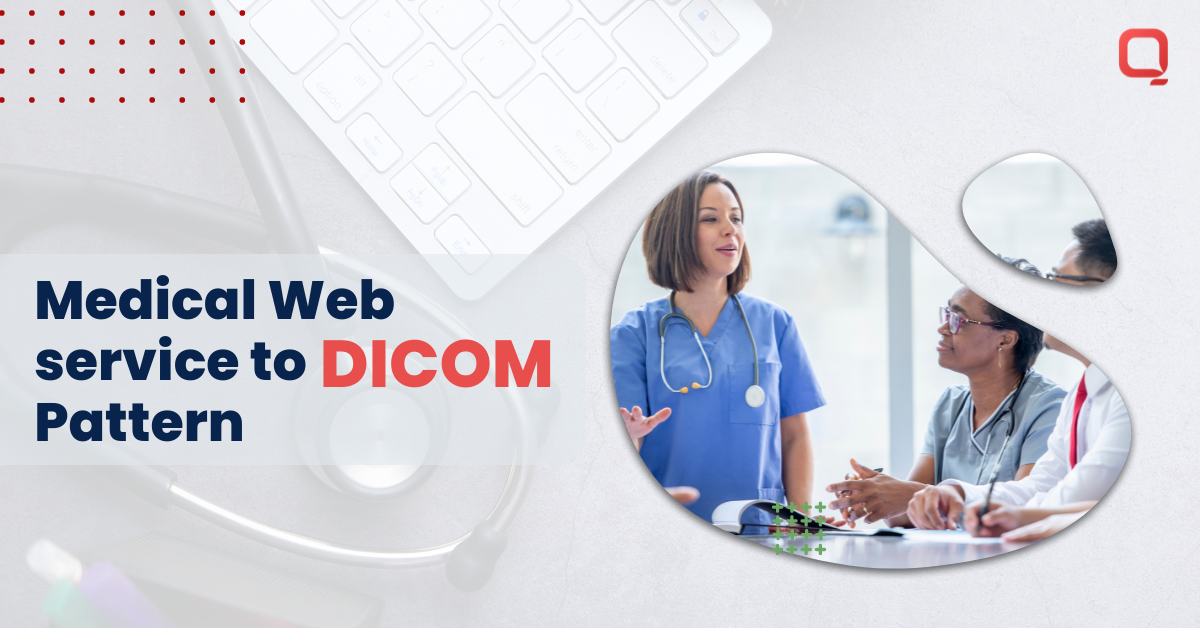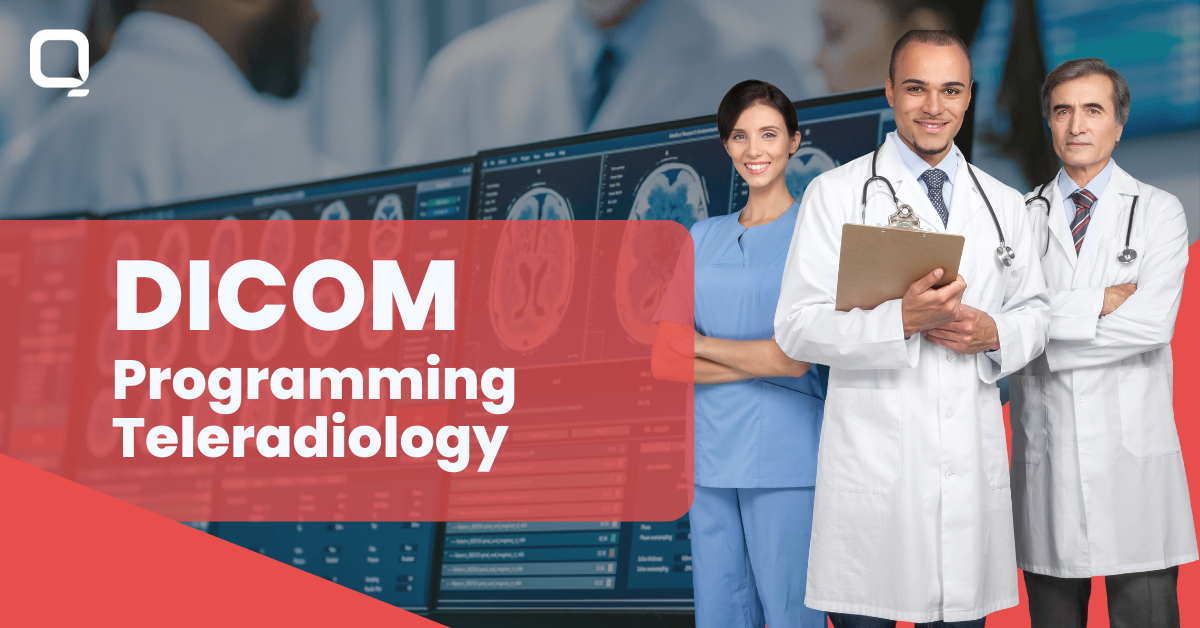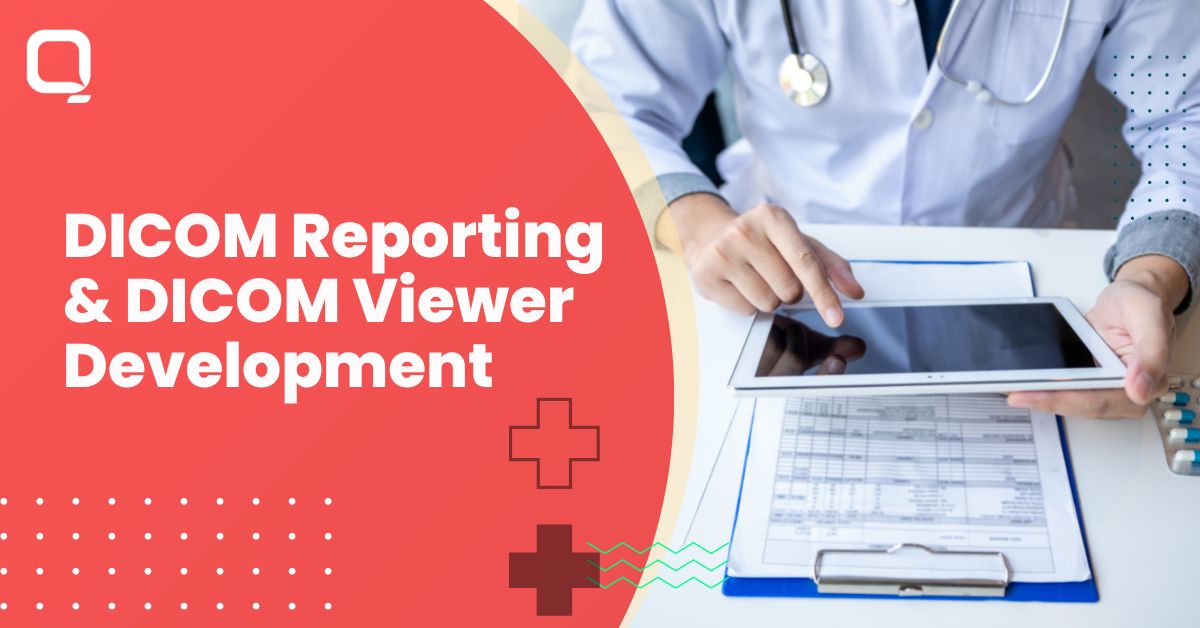In the realm of modern healthcare, digital medical imaging has revolutionised patient diagnosis and treatment. The Digital Imaging and Communications in Medicine (DICOM) standard has become the bedrock of medical imaging software development, allowing healthcare professionals to capture, store, and share medical images seamlessly. However, the exponential growth of medical data presents significant challenges in terms of storage and transfer capabilities. To address these challenges, dedicated file-sharing solutions for DICOM images have emerged as a vital component of healthcare infrastructure.
The Significance of DICOM Images
Before delving into the optimization of data storage and transfer capabilities, it’s crucial to understand why DICOM images hold such importance in healthcare. DICOM, as a universal standard, allows for the interoperability of medical imaging devices, ensuring that images from various sources can be viewed and analysed on a common platform. This standardisation has transformed patient care, enabling healthcare professionals to make faster and more accurate diagnoses.
DICOM images encompass a wide range of medical imaging modalities, including X-rays, MRIs, CT scans, ultrasounds, and more. These images are rich in information and provide critical insights into a patient’s condition. However, this wealth of data comes at a cost: the sheer volume of DICOM images generated by healthcare facilities daily is staggering.

The Data Storage Challenge : DICOM Images
One of the primary challenges healthcare organisations faces is the efficient and secure storage of DICOM images. Traditional methods, such as physical film storage, have become obsolete as digital imaging has taken over. Digital storage, while more convenient, poses its own set of challenges.
- Data Volume: DICOM images are data intensive. A single CT scan can produce hundreds of high-resolution images, and with multiple scans being performed daily, the volume of data generated is colossal.
- Data Retention: Healthcare regulations mandate the retention of patient data for extended periods. DICOM images, being a crucial part of patient records, need to be stored securely and in compliance with data retention policies.
- Data Accessibility: Healthcare professionals require quick and easy access to DICOM images for diagnosis and treatment planning. Slow retrieval times can hamper patient care and decision-making.
The Data Transfer Challenge
In addition to storage, the transfer of DICOM images between different stakeholders is another critical aspect of healthcare data management. Patients often need to consult with multiple specialists, and healthcare facilities may need to share images with external providers. The challenges in DICOM image transfer include:
- Speed: The transfer of large DICOM files over conventional networks can be slow and inefficient, particularly for remote consultations or when sharing images between different healthcare institutions.
- Security: Patient data security is paramount in healthcare. Transmitting DICOM images over unsecured channels can lead to privacy breaches and compliance issues.
- Compatibility: Ensuring that DICOM images can be viewed and interpreted correctly on the recipient’s end, regardless of the viewer software or hardware in use, is crucial.
Optimising Data Storage and Transfer with Dedicated Solutions
To overcome these challenges, healthcare organisations are turning to dedicated file-sharing solutions designed specifically for DICOM images. These solutions offer a range of benefits that optimise data storage and transfer capabilities.
1.Scalability: Dedicated DICOM solutions are designed to handle the immense data volumes generated by healthcare facilities. They provide scalable storage solutions that can grow with the organisation’s needs.
2.Compression: To expedite data transfer, DICOM solutions often incorporate compression algorithms that reduce the size of DICOM images without compromising image quality. This significantly speeds up image transmission.
3.Cloud Integration: Many DICOM solutions offer cloud integration, enabling healthcare facilities to securely store and access images from anywhere with an internet connection. This flexibility is especially valuable for remote consultations and disaster recovery.
4.Security: DICOM solutions prioritise data security. They often incorporate encryption, access controls, and audit trails to ensure that patient data remains confidential and complies with regulatory requirements.
5.Interoperability: These solutions ensure that DICOM images are compatible with various viewer software and hardware, making it easy for healthcare professionals to access and interpret the data.
6.Collaboration: Dedicated DICOM solutions often come with collaboration features that allow healthcare professionals to share images and collaborate on patient cases in real-time, irrespective of their physical location.
7.Workflow Integration: These solutions seamlessly integrate with existing healthcare workflows, ensuring that DICOM images can be accessed and shared as part of routine patient care processes.

Case Study: The Impact of DICOM Images Solutions
Let’s consider a hypothetical case study to illustrate the impact of a dedicated DICOM solution in a healthcare setting.
Scenario: A rural clinic needs to consult with a specialist located in a distant urban hospital regarding a complex orthopaedic case. The clinic has conducted an MRI scan and needs to transmit the DICOM images for review.
Traditional Approach: Without a dedicated DICOM solution, the clinic would face several challenges. Uploading large DICOM files over the clinic’s limited internet connection would be slow and unreliable. Ensuring data security during transmission would also be a concern. Moreover, ensuring compatibility between the clinic’s viewer and the specialist’s software could be problematic.
DICOM Solution Approach: With a dedicated DICOM solution in place, the clinic can securely upload the images to the cloud, where they are compressed for faster transmission. The specialist at the urban hospital receives a notification and can access the images instantly using their preferred viewer software. They can even engage in a real-time video conference with the clinic staff for a collaborative discussion.
In this case, the dedicated DICOM solution streamlines the process, reduces consultation time, and ensures data security and compatibility.
Conclusion
As healthcare continues to embrace digital transformation, the role of DICOM images in patient care cannot be overstated. However, managing the storage and transfer of these data-intensive images presents substantial challenges. Dedicated file-sharing solutions for DICOM images have emerged as a crucial component of modern healthcare infrastructure, addressing these challenges with scalability, compression, security, interoperability, and collaboration.
By optimising data storage and transfer capabilities through dedicated DICOM solutions, healthcare organisations can provide faster and more efficient patient care, enhance collaboration among healthcare professionals, and ensure compliance with data security and retention regulations. As the volume of medical imaging data continues to grow, the adoption of dedicated DICOM solutions is essential for the future of healthcare.
What makes QSS Technosoft Inc the ultimate choice for DICOM Images?
QSS Technosoft Inc is the leading company when it comes to providing comprehensive and efficient solutions for managing DICOM images. With more than a decade’s worth of experience in the field, we have successfully established ourselves as the best choice for dealing with such data.
Our team of highly qualified professionals is one of the biggest qualities that makes us stand out. Each member of our team has exceptional knowledge on DICOM standards and protocols, medical imaging, and healthcare systems, which allows them to develop sophisticated custom solutions tailored to our clients’ specific requirements.
The importance of data privacy and security in the healthcare sector is something that we take seriously at QSS Technosoft Inc. We remain firmly committed to upholding HIPAA compliance, as well as employing advanced encryption techniques to protect any DICOM images entrusted to us.
We are proud to mention that our work has been recognized by leading B2B reviews and research platforms like GoodFirms, Clutch, MirrorView, and many more.





